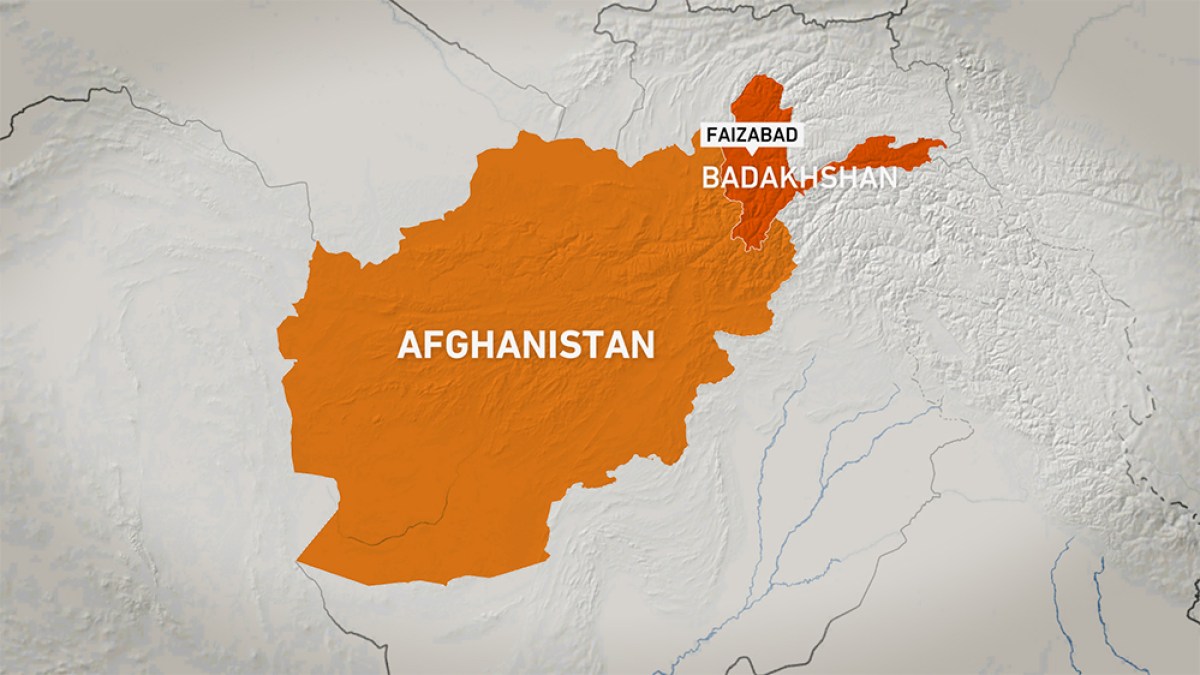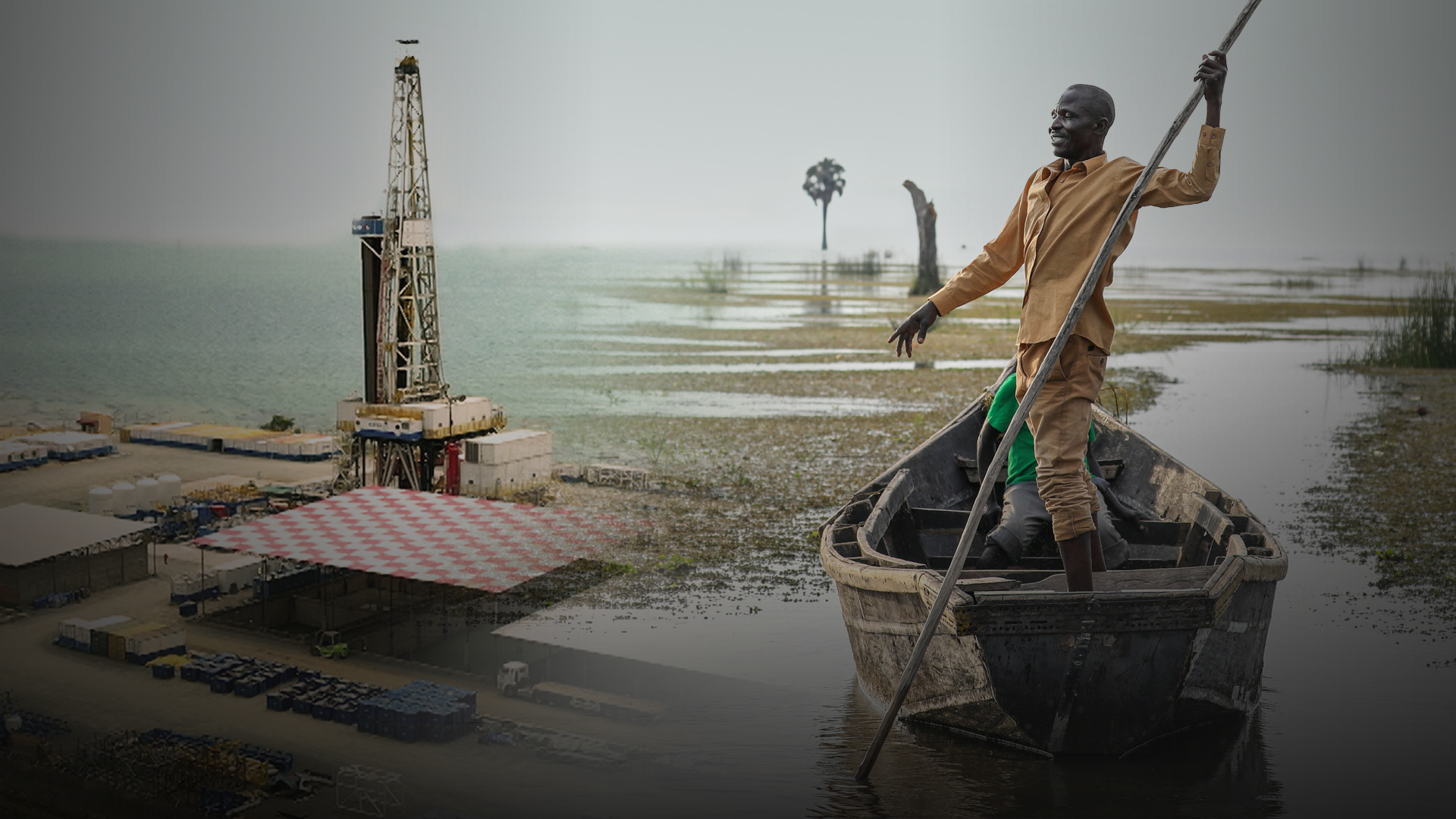Afghan American naval reservist who was held by Taliban details return home in first interview since release
“It’s an incredible feeling. It hasn’t settled in yet,” he told CNN’s Jake Tapper in an exclusive interview on “The Lead,” his first since being released. “I hope one day I’m sitting on my couch just watching television and finally I can realize that I’m back, and I’m back in my home.”
The Biden administration on Friday had secured the release of Rauf, 27, who was doing humanitarian work in Kabul. He, along with his brother Anees Khalil, had been taken into custody by the Taliban in December and freed after more than 100 days of intense negotiations.
Rauf and his brothers, all former Afghan refugees, founded the Human First Coalition, which worked to evacuate those trying to flee after Kabul fell.
Rauf told Tapper that the “most difficult part” of his detainment was isolation and not being able to speak with others.
“People would say we’re in prison. In prison, people get some rights, including going outside, getting the glimpse of the sun, a glimpse of the sky. The place where we were, it was in a basement, a very small room. Eight feet by eight feet. The ceilings are about 12 feet tall. Had a metal door that closed completely. 24/7, we were in that room until about 70 days. We were taken to the bathroom. All of that was under guard,” Rauf recalled.
“So the isolation was getting to us. Not being able to talk to anybody. That was the most difficult part,” he continued.
Born in an Afghan refugee camp in Pakistan, Rauf came to the US and graduated from high school in Omaha, Nebraska. Embedded with US special forces in Afghanistan as a linguist for four years, he returned to the US and enlisted in the US Navy Reserve.
Asked why his humanitarian work was important enough to risk his own safety, Rauf told Tapper he identified with Afghan refugees.
“Every story I looked at during this whole ordeal, it tells my own story,” he said. “I was born in a refugee camp. I was a refugee for 17 years in Pakistan. … So looking at every one of those individuals, children, women, men, people, vulnerable people, minorities, all of those populations, everyone I looked at, I saw myself in them. And I just couldn’t take it. I could not sit back and watch this unfold and people suffer.”
Rauf also credited his parents’ influence and said he personally knew some who were in Afghanistan. “So putting my life on the line was the least I could do,” he said.



